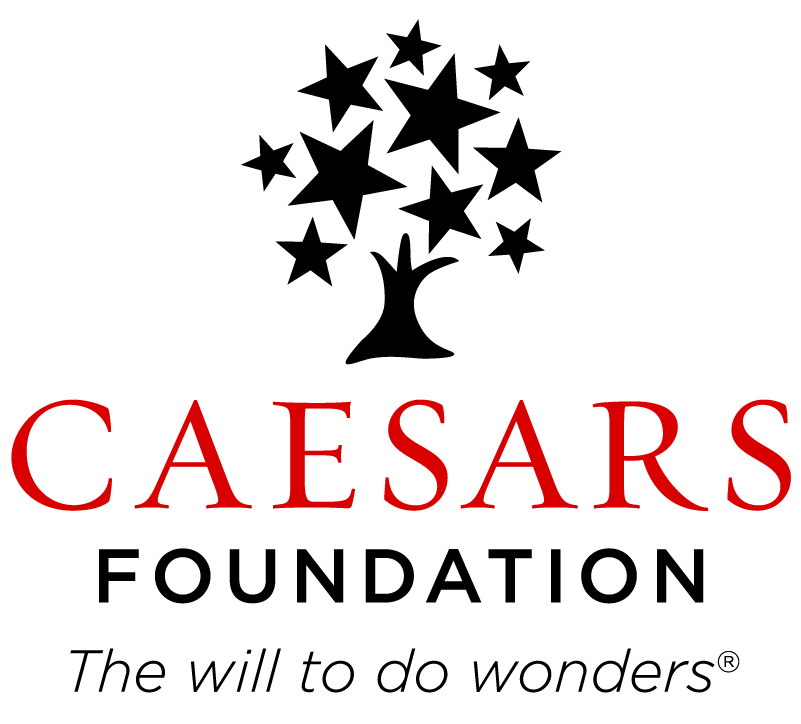Caring for the Environment

Caesars Entertainment and the Caesars Foundation are committed to environmental stewardship in the communities where we live and work and across the world. We demonstrate this commitment by supporting a wide variety of conservation-minded organizations dedicated to reviving and sustaining natural resources. In addition to funding from the Caesars Foundation for these projects, thousands of HEROs volunteer their time to make a difference year-round. Here are a few examples.
Rebuilding Vital Wetlands
The Caesars Foundation provided funding to support Restore the Earth Foundation (REF), which is working to restore wetlands along Lake Pontchartrain. These habitats function as the first line of defense for New Orleans against the ravages of storms such as Hurricane Isaac. REF’s efforts fight shoreline erosion, rebuild land, help re-vegetate native plants, and restore habitats for wildlife and fish.
In addition, a partnership between REF, the Louisiana Department of Wildlife and Fisheries, and the Lake Pontchartrain Basin Foundation uses teams composed of HERO volunteers to create and deploy the “secret weapon” in the battle with erosion – Gulf Saver (GS) bags.
GS bags are biodegradable, self-contained packages of native plants and natural media designed specifically for individual sites. The bags degrade within three months and the material inside takes root in the sediment to support, feed and protect native vegetation. GS bags jumpstart survivability and growth in the face of storm surge, saltwater, rapid erosion and even oil saturation. HERO volunteers will assemble and deploy 1,000 GS bags to restore five acres of living shoreline on the Greater New Orleans south side of Lake Ponchartrain.
Restoring Endangered Dolomite Prairie and Wetlands
The Wetlands Initiative (TWI) also received contributions from the Caesars Foundation in 2013 to assist with its efforts to reverse environmental damage and restore wetland resources in the Midwest. The Lobelia Meadows Restoration Project is a partnership between TWI and the U.S. Forest Service. Its objective is to convert 160 acres in the Forest Service's Midewin National Tallgrass Prairie that were once the Joliet Army Arsenal – the world's largest ammunition plant – into native wetland and prairie habitat that will inspire visitors for generations.
The Lobelia Meadows project is reclaiming extremely rare dolomite wetlands and prairie habitat that supports unique plant life considered globally imperiled. This parcel of land is strategically located to link Midewin’s west side with other local restoration projects, including the nearly 2,000-acre Grant Creek Restoration, which is also supported by the Caesars Foundation.
Deeper Understanding of Lake Tahoe
Desert Research Institute (DRI) hosts a graduate student fellowship program dedicated to researching water quality issues at Lake Tahoe. In 2012, the Caesars Foundation provided funding for three years of research on the sustainability of the Lake Tahoe basin. The new Caesars Foundation Fellowship in Watersheds and Environmental Sustainability was awarded to Ms. Angela Stevens, a graduate research assistant at DRI.
“Without the generous support from the Caesars Foundation, I would not have had these tremendous experiences at DRI and the chance to work with scientists who are leading the way in restoring Lake Tahoe and other important ecosystems throughout Nevada and around the world,” said Stevens.
Desert Landscaping for Safe Village
Water Conservation Coalition’s Safe Village Project received funds to promote desert-friendly landscaping. This Southern Nevada Regional Housing Authority neighborhood in West Las Vegas was once one of the most unsafe neighborhoods in all of Southern Nevada. Thanks to a collaborative effort led by the Las Vegas Metropolitan Police Department and community and faith-based leaders, the Safe Village Initiative is improving and strengthening the Safe Village community inside and out. This landscape project provides an aesthetic transformation to complement the overall Safe Village revitalization, with the end goal of creating a true “neighborhood” for the residents that will help sustain existing revitalization efforts.

